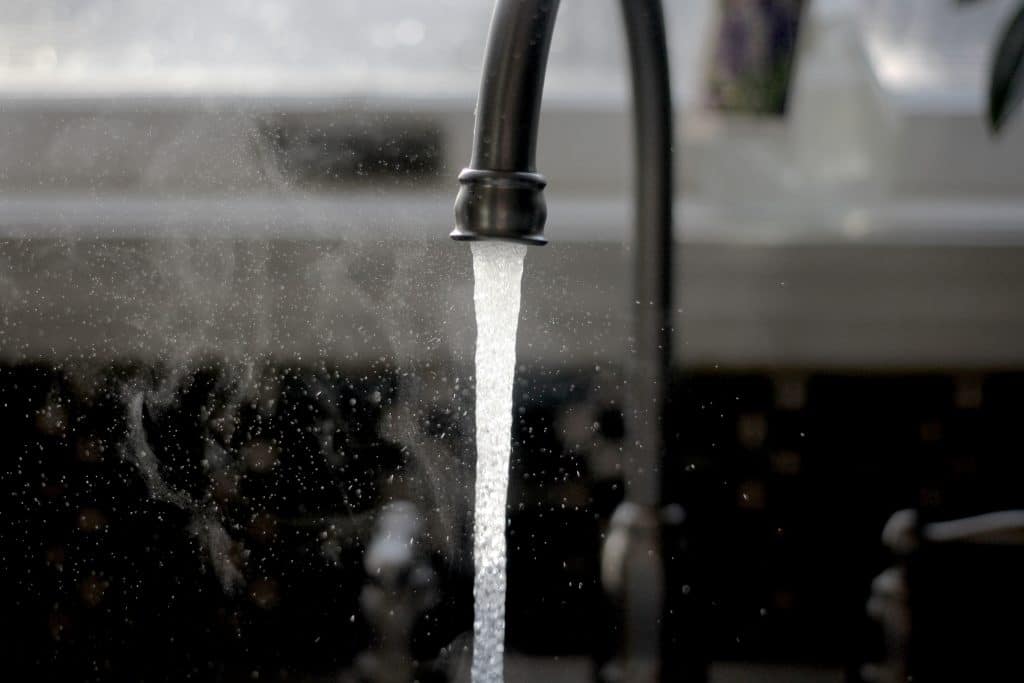
DON’T GET OVERWHELMED
A lot of the time we trust that the water we use is clean and safe, but doubts are inherent. This is why most people purchase bottled water. This article is about the concerns and misconceptions of our most precious resource, Water”.
The first is about misconception. Most people believe municipal water is safer then well water. This is a very complex issue because most water sources need some type of treatment and that’s where things get cloudy, (pun intended).
At the municipal water treatment facilities someone is responsible for a certain water quality that can and will vary because of a multitude of factors, such as too much or too little of a “chemical”, yes I said chemical. At the municipal level large amounts of water are being processed and this can only be done by means of adding a certain chemical for a certain issue whether it’s chlorine, chloramines, fluoride, etc. Besides the addition of chemicals, some municipal waters have to deal with contaminates that are naturally formed and are present such as arsenic, radon, and uranium. I can go on about the many types of pollutant’s that are present but I think we all get it and that’s why most people buy bottled water.
The other factor is the distribution (piping) to all households. A lot of things are picked up from old pipes such as sediment, dirt, and metals. Where your house is located in the distribution line will affect the levels of disinfectant your water has, (elevated if in the beginning of the line and low at the end of the line).
Testing municipal water is done as required but do we really know the accuracy and frequency are in fact what really happens. How many times have we heard somewhere that a boil water advisory has been issued but most importantly was the advisory issued in a timely matter?
Private well water (not tested on a regular basis) also contain a host of contaminates but is usually void of the chemical process of municipal water so chlorine, chloramines, fluoride and the byproducts associated with these items are not present. A private well is not part of a vast aging distribution piping system so contaminates are not added from source to entry.
Unlike municipal water, single private well applications are not required to test water except when ownership is transferred or new renters take
occupancy. The common issues with private wells in the area are iron, manganese, low pH, and Sulphur (rotten egg smell) all non-health issues. Once in a while a bacteriological issue will arise and most times easily remedied.
The common issues with private wells in the area are iron, manganese, low pH, and Sulphur (rotten egg smell) all non- health issues. Once in a while a bacteriological issue will arise and most times easily remedied.
The concern is the private well user must remediate their own problem water and must rely on a water treatment person. This presents another issue; a lot of water treatment people are not certified or qualified to make recommendations. The internet provides a host of inexpensive products but again not certified nor familiar with local chemistry and will not be able to service or install the products you purchase.
Because of the uncertainty of the person you may have called upon don’t rely on an organization that recommends a contractor as you want a water treatment expert that is certified and can be found at www.wqa.org Water is something that you use for bathing, cooking, and drinking, shouldn’t you take that seriously? We do!


